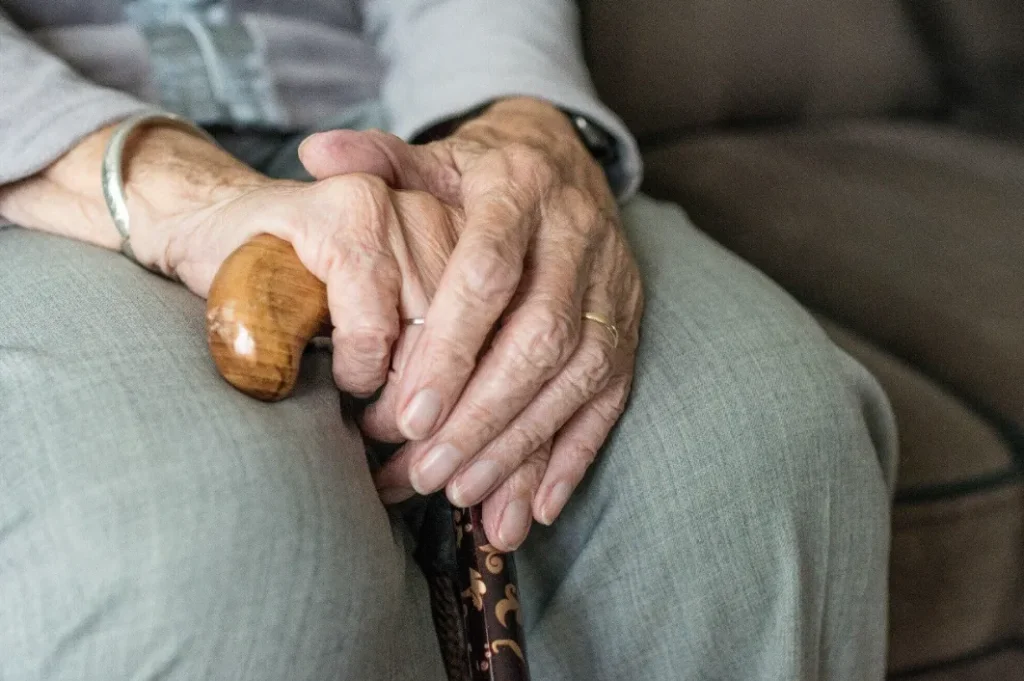
The Essential Skills Every Personal Caregiver Should Master
SMM ALIPAYUS Jan 12, 2025 News
Caregiving is tough work, but it’s incredibly rewarding. Personal caregivers are the unsung heroes who help those in need, whether it’s the elderly, people with disabilities or anyone who requires extra support. To do this job well, caregivers need to master a few key skills. It’s not just about helping with physical tasks-there are emotional and social needs to consider too.
Let’s take a closer look at some of the essential skills every personal caregiver should have.
Communication Skills
Active listening and clear, compassionate communication are key skills for a personal caregiver. It’s important to pay attention to what the person in your care is saying-both with their words and body language.
This helps you understand their needs, concerns, and feelings. When talking to them or healthcare providers, be clear and kind. Speak with empathy and make sure instructions are easy to follow, so everyone feels heard and understood.
Personal Hygiene and Grooming Assistance
Helping with bathing, dressing, and grooming keeps the person clean and comfortable. Always respect their privacy and treat them with dignity to support their self-esteem.
Problem Solving and Adaptability
Caregivers need to handle surprises, like medical issues, emotional concerns, or changes in plans. It’s important to stay calm and think of smart solutions to solve problems. Being flexible and ready to adjust helps make sure the person in your care gets the best support, no matter what comes up.
Mobility Assistance
Helping with movement, like getting from bed to chair, is a key part of caregiver service. It’s important to do this safely to prevent falls and keep the person comfortable. Learn how to use walkers, wheelchairs, and proper lifting techniques to ensure their safety while moving.
Basic Medical Knowledge
Caregivers should know the basics of common health conditions and the medications used to treat them. It’s also important to understand how to give medications correctly. They should also be able to keep track of things like blood pressure, temperature, and pulse.
Emotional Support and Companionship
Providing emotional support is key in senior care. Especially, when the person in your care feels anxious, frustrated, or lonely. Showing patience and empathy helps build trust and comfort.
In a caregiver service such as this senior personal care in Allentown, caregivers also foster companionship by engaging in meaningful conversations and activities. This connection helps reduce feelings of isolation and creates a positive, supportive environment.
senior personal care in AllentownFirst Aid and Emergency Response
Caregivers should know first aid and CPR to handle emergencies like choking or falls. Recognizing when something’s wrong and getting help quickly is crucial for keeping the person safe.
first aid and CPRConfidentiality and Professional Boundaries
Caregivers should respect the privacy and dignity of the person they care for. They can do this by keeping their personal and medical information private.
It’s also important to set clear boundaries while still offering kind, nonjudgmental care. This helps build trust and ensures the person feels respected and safe.
Master these Essential Personal Caregiver Skills
Being a personal caregiver requires more than just physical help. It’s about offering support, staying calm in emergencies, and treating the person with respect and dignity. By mastering key skills, caregivers can provide better care and improve the quality of life for those they help.
Is this article helpful? Keep reading our blog for more.


